International Education Cooperation
Sino-Foreign Education Cooperation
The Sino-foreign education cooperation services provided to institutions typically encompass the following components, aimed at facilitating internationalisation, enhancing educational quality, and expanding access to global resources. The core elements are as follows:
-
Cooperative Project Design and Planning
Needs Analysis: Assess the institution’s internationalisation objectives, resources, and requirements (e.g., curriculum development, faculty enhancement, student cultivation, etc.).
Strategic Planning: Develop long-term cooperative frameworks for Sino-foreign education programmes (such as joint institutes, collaborative projects), dual degree programmes, and credit recognition initiatives.
Policy Compliance: Interpret the regulations of the Chinese Ministry of Education (e.g. the "Regulations on Sino-Foreign Cooperative Education") and corresponding foreign educational authorities to ensure all collaborations are both lawful and compliant.
-
Matching with Overseas Institutions and Organisations
Resource Matching: Identify and select suitable overseas partner institutions based on the institution’s needs (e.g., universities ranked highly in QS, or those with distinctive specialisations).
Cooperation Model Design: Facilitate diverse cooperation models such as "2+2" or "3+1" dual degree programmes, short-term exchange schemes, and online course sharing.
Agreement Negotiation: Assist in drafting Memoranda of Understanding (MOUs) and specific implementation agreements to clearly delineate rights, responsibilities, and resource allocation.
-
Application Support for Sino-Foreign Cooperative Education
Documentation Preparation: Guide institutions in preparing application materials (including educational programme proposals, curriculum frameworks, and faculty recruitment plans) to meet the requirements set by the Ministry of Education.
Process Management: Provide assistance throughout the provincial and national approval processes, including support during on-site inspections and evaluations.
Quality Assurance: Design robust evaluation systems to ensure that cooperative projects undergo regular reviews (such as Ministry of Education assessments).
-
Curriculum and Teaching System Development
Curriculum Integration: Assist in the adaptation of high-quality international curricula to local academic frameworks (e.g., bilingual programmes, full-English delivery courses).
Teacher Training: Organise overseas training programmes, facilitate the recruitment of foreign faculty, or promote joint academic research to enhance international teaching competencies.
Credit Recognition: Coordinate with international credit systems (such as the ECTS) to facilitate the establishment of credit transfer agreements.
-
Student Exchange and Study Abroad Services
Overseas Progression: Provide comprehensive support for study abroad applications, including visa guidance for students enrolled in cooperative programmes.
Short-Term Programmes: Develop short-term initiatives during academic breaks, such as winter/summer research projects, international competitions, and overseas internships.
Scholarship Matching: Link institutions with international scholarship opportunities (including government-sponsored and university-based awards).
-
Brand Promotion and International Recruitment
Overseas Promotion: Assist institutions in promoting their cooperative projects at international education fairs and through overseas media channels.
Recruitment Strategies: Devise targeted recruitment plans for international students (addressing aspects such as language prerequisites and tuition fee structures).
Alumni Networks: Establish and nurture Sino-foreign alumni networks to reinforce the enduring impact of the collaborative projects.
-
Quality Monitoring and Continuous Improvement
Evaluation Systems: Develop key performance indicators (KPIs) (e.g., graduate satisfaction rates, employment outcomes) and conduct regular performance reviews of the projects.
Issue Resolution: Offer mediation and optimisation strategies to address potential challenges, such as cultural disparities or managerial conflicts.
Accreditation Support: Provide guidance in securing international accreditations (e.g., AACSB, WASC).
-
Other Value-Added Services
Language Training: Introduce IELTS/TOEFL preparation courses and academic English programmes.
Cultural Adaptation: Offer cross-cultural training for both faculty and students to minimise cultural conflicts.
Research Collaboration: Foster joint research initiatives through the creation of collaborative laboratories and the organisation of international academic conferences.
Sino-Foreign Cultural Exchange
Sino-foreign cultural exchange initiatives are typically designed to foster cross-cultural understanding, broaden the international perspectives of both faculty and students, and assist institutions in establishing a globalised education framework. The core components are as follows:
-
Design and Implementation of Cultural Exchange Programmes
Thematic workshops and lectures
Student exchange visits and study tours
Faculty exchange and professional development programmes
-
Curriculum Development and Resource Integration
Development of cross-cultural curriculum packages
Creation of language and culture integration courses
Establishment of digital resource libraries
-
International Resource Alignment and Brand Building
International Standards Output
International standards output refers primarily to assisting institutions in optimising, certifying, and promoting their educational services, management systems, and curriculum frameworks in accordance with globally recognised standards. This initiative is particularly geared towards extending these improvements to Belt and Road Initiative countries, thereby cultivating locally compliant technical and vocational talent for Chinese enterprises operating overseas. The core components are as follows:
-
Development and Localisation of International Curriculum Systems
Standards Alignment: Assist institutions in aligning existing courses with international curriculum frameworks and in developing bespoke courses that meet global standards.
Benchmark Analysis: Conduct comparative analyses against the educational standards of Belt and Road countries to produce targeted improvement strategies.
Credit Recognition: Facilitate the establishment of mutual credit recognition mechanisms with institutions in these regions, thereby promoting student mobility and academic exchange.
-
Faculty Training and Capacity Building
International Certification Training: Organise programmes for educators to participate in internationally recognised teaching qualification certifications, thereby enhancing their cross-cultural pedagogical competencies.
Bilingual Teaching Support: Provide language training and guidance on international teaching methodologies to assist educators in adapting to bilingual or multilingual instructional environments.
Overseas Exchange Programmes: Establish platforms for teacher exchanges and joint research with partner institutions in Belt and Road countries.
-
Educational Quality Assessment and Certification
International Standards Accreditation: Support institutions in obtaining international educational accreditations (e.g. WASC, CIS) to enhance global recognition and ensure that educational quality adheres to international standards.
Quality Monitoring Systems: Design teaching evaluation tools that conform to international standards for the purpose of conducting regular quality assessments.
-
University–Enterprise Collaboration and Vocational Standards Output
Vocational Curriculum Development: Collaborate with industry to develop vocational training programmes tailored to the industrial demands of Belt and Road regions.
International Certification: Introduce internationally recognised vocational qualifications (such as ISO and ACCA) to bolster graduates' employment competitiveness.
Overseas Internship Programmes: Establish internship and employment channels by partnering with enterprises in Belt and Road countries.
-
Educational Digitalisation and Resource Sharing
Online Education Platforms: Develop cross-border online course platforms to share high-quality educational resources (including MOOCs and virtual laboratories).
Smart Campus Development: Provide technical support for the implementation of international digital teaching management systems (such as LMS).
Multilingual Resource Libraries: Create multilingual textbooks, course materials, and examination databases to foster cross-cultural learning.
-
International Exchange and Collaboration Networks
Sister School Partnerships: Facilitate the establishment of collaborative relationships between institutions and partner schools in Belt and Road countries, including joint programmes and exchange projects.
International Competitions and Events: Organise multinational academic competitions and cultural festivals to broaden students’ global perspectives.
Educational Forums and Summits: Host or co-host international education forums to share Chinese educational experiences on a global stage.
Vocational Skills Training in China
Vocational skills training in China is designed to assist overseas students and professionals in acquiring the specialised competencies demanded by the Chinese market through systematic training and hands-on practice, while simultaneously enhancing their cross-cultural adaptability. The core elements are as follows:
-
Vocational Skills Training Programmes
Industry Focus:
Design courses tailored to specific sectors such as intelligent manufacturing, renewable energy, IT, etc.
Programme Formats:
- Theoretical instruction (delivered both online and offline)
- Corporate visits and internships
- Workshops and practical case studies
-
Language and Cultural Training
Intensive Chinese Language Courses:
Specialised training in Business Chinese and industry-specific terminology (e.g. engineering, healthcare).
Cultural Adaptation:
Instruction in Chinese workplace etiquette, legal regulations (such as labour law), and commercial customs.
-
Corporate Collaboration and Employment Integration
University–Enterprise Partnerships:
Collaborate with Chinese enterprises to offer internship opportunities or targeted talent development programmes.
Employment Services:
Provide assistance in résumé optimisation and advisory services on visa policies (for example, permits for foreigners to work in China).
-
Customised Solutions
For Educational Institutions:
- Short-term study tours (e.g. "Immersive Training in China’s Technological Industry")
- Long-term academic bridging programmes in collaboration with vocational colleges or applied universities
For Corporate Clients:
Deliver pre-assignment training programmes for overseas employees destined for roles in China.
Introduction of High Quality International Intellectual Resources
The service is designed to assist institutions in enhancing the international calibre of their teaching, research, and administrative functions by recruiting top-tier global educational talent, experts, and collaborative resources. The core components are as follows:
-
Attracting High-Calibre International Talent and Expert Think Tanks
-
Importing Superior International Curriculum Resources
-
Introducing International Vocational Qualification Certification Resources
-
Facilitating International Project Collaborations
International Integration of Industry–Education
International industry–education integration services are designed to amalgamate global industrial resources with educational systems, thereby enabling institutions to cultivate internationally oriented, application-driven talent while enhancing the internationalisation of education and the synergy among industry, academia, and research. The core components are as follows:
-
International Industrial Resource Alignment
University–Enterprise Partnership Bridge:
Introduce resources from multinational corporations, international industry associations, and leading overseas institutions to collaboratively establish joint laboratories, industry academies, or tailored training cohorts with schools.
Internship and Employment Pathways:
Develop platforms that facilitate overseas internship placements and employment recommendations with multinational enterprises.
Industry Curriculum Development:
Collaborate with industry partners to design internationalised courses (e.g. in artificial intelligence, cross-border e-commerce, green energy), incorporating relevant industry certifications (such as AWS Cloud Computing Certification and Huawei ICT Certification).
-
International Talent Development Programme Design
Joint Programme Development:
In emerging fields, devise dual-certification systems that confer both academic degrees and international professional qualifications.
Faculty Training:
Organise opportunities for educators to undertake study tours or professional development programmes at overseas enterprises or academic institutions.
-
International Industry–Academia–Research Collaboration Platform
Joint Research and Incubation:
Facilitate the establishment of technology transfer centres through collaborations between schools, overseas universities, and enterprises, and support joint submissions for international research projects.
International Skills Competitions:
Organise student participation in global skills competitions, such as the WorldSkills Competition, to promote experiential learning through competitive challenges.
Overseas Branch Campuses/Collaborative Projects:
Assist institutions in establishing branch campuses or cooperative education projects (for instance, the Luban Workshop model) in Belt and Road Initiative countries, thereby exporting and standardising educational practices.
Serve the Belt and Road
The Belt and Road Initiative services are designed to help educational institutions integrate with the Belt and Road framework, thereby enhancing their international profile, expanding access to global educational resources, and cultivating talent that meets regional requirements. The core service components are as follows:
-
Policy Interpretation and Strategic Planning
Policy Analysis and Training: Provide comprehensive analysis and training on relevant policies.
International Strategy Design: Formulate strategies to bolster the institution’s global engagement.
Tailored Long-Term Planning: Develop medium-to-long term educational cooperation plans under the Belt and Road Initiative that align with the institution’s unique characteristics.
-
International Cooperation Resource Alignment
Partner Institution Matching: Facilitate connections with high-calibre universities, vocational colleges, or educational organisations along the Belt and Road, promoting joint programmes, credit recognition, and exchanges between faculty and students.
Government and Corporate Resource Integration: Assist in establishing links with Belt and Road country embassies in China and with Chinese enterprises’ overseas projects, thereby enabling the development of school-enterprise collaborative internships and targeted talent development programmes.
-
Curriculum Development and Faculty Training
Specialised Curriculum Design: Develop interdisciplinary courses relevant to the Belt and Road context.
Faculty Capacity Building: Organise overseas study tours for educators, provide multilingual teaching training, or invite international experts to deliver lectures, thereby enhancing the international teaching capabilities of the faculty.
-
Student Development and Employment Support
Study Abroad and Scholarship Consultation: Offer guidance on study abroad policies and scholarship applications for Belt and Road countries, and assist in establishing overseas learning bases.
Career Development Services: Collaborate with Chinese enterprises to launch targeted employment programmes, including language and skills training (e.g. cross-border e-commerce, international engineering management), and establish channels for overseas internships and employment.
-
Cultural Exchange and Brand Building
Cultural Project Planning: Design Belt and Road-themed cultural events, such as cultural festivals of Belt and Road countries or international youth forums, to enhance cross-cultural understanding.
Enhancement of International Influence: Assist institutions in organising educational exhibitions and academic promotion events in Belt and Road countries, or in publicising their educational achievements via international media to attract overseas students and collaborative opportunities.
Personalized Customization of School Needs
-
Provide tailored service proposals based on the specific needs of the partnering institutions.
-
Offer personalised analytical services to assess current operations and furnish detailed analytical reports.
-
Deliver customised recommendations for international education project selection, helping partners stay abreast of global educational trends.
-
Provide bespoke international education cooperation services.
Collaboration Enquiry
We will provide you with professional international education consulting
solutions for Sino foreign cooperation
Submit



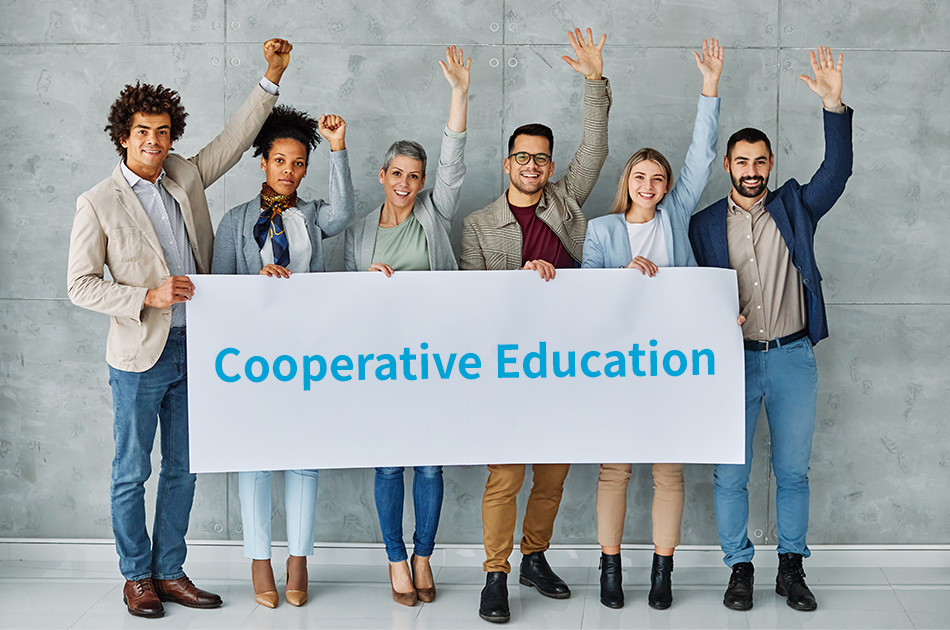





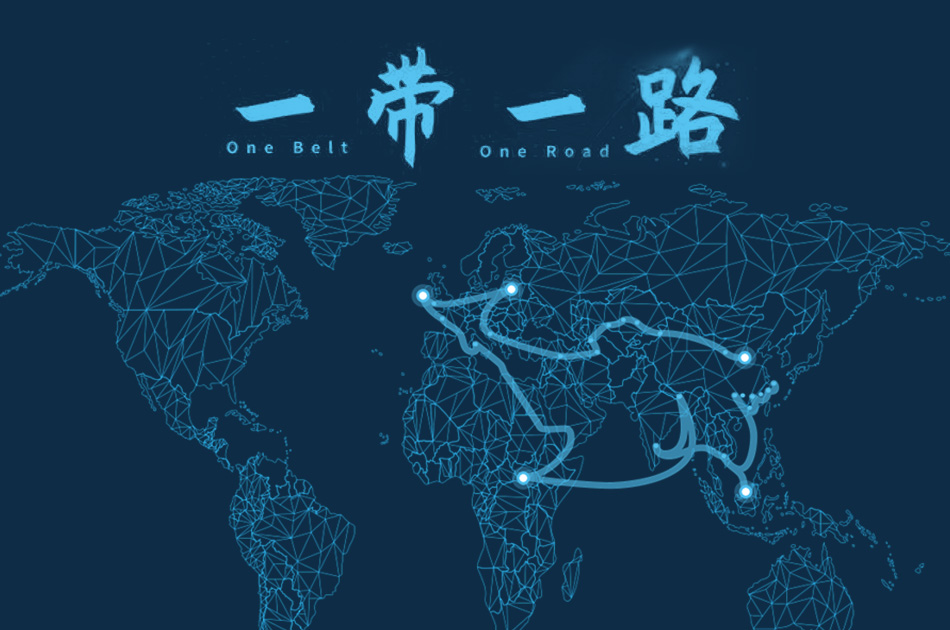





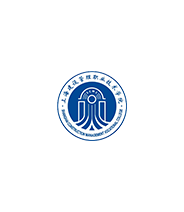

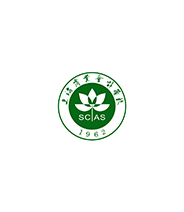

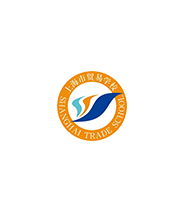












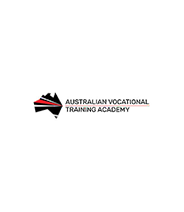

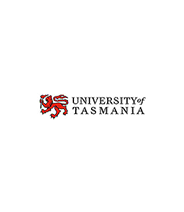

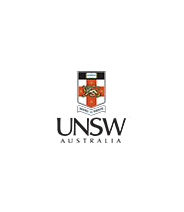



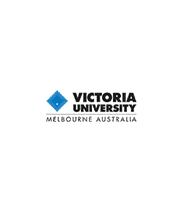




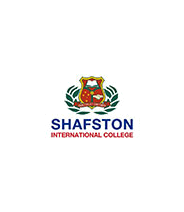





















 021-50677963 / 19370614778
021-50677963 / 19370614778 Room 2123, Building A, Lvdihui Center
Room 2123, Building A, Lvdihui Center info@yinkaien.com
info@yinkaien.com
